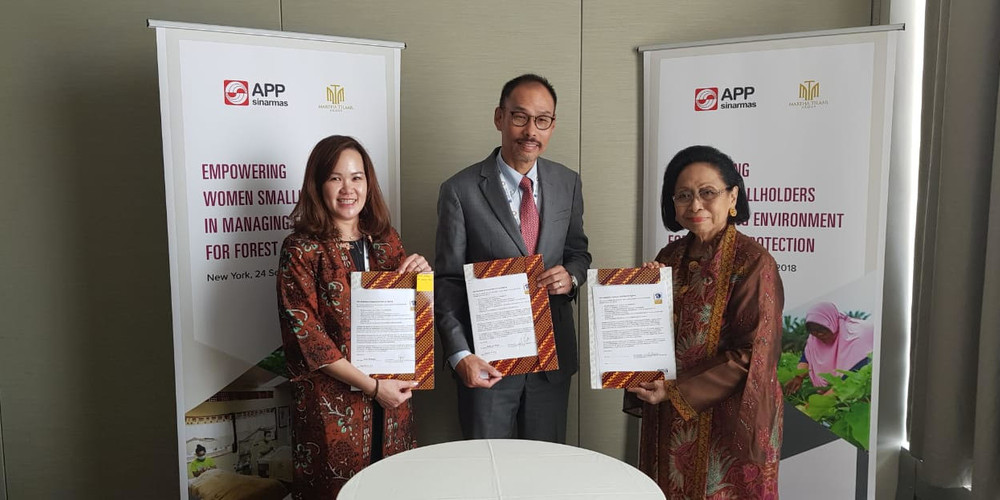According to the benchmark set by the World Health Organization (WHO) Singapore is not on track to reach its air quality targets by 2020.
The Ministry of the Environment and Water Resources (MEWR) said in the past two years, Singapore fell short in meeting its targets for pollutants such as fine particulate matter (PM2.5), particulate matter (PM10) and ozone.


Mr Masagos speaking at a pre-Budget focus group discussion on Wednesday (25 Jan) said Singapore has to find ways to take care of air pollution.
On his part, his ministry will review its vehicular emission policies, including the Carbon Emissions-based Vehicle Scheme (CEVS), which gives rebates or surcharges depending on how much carbon dioxide a vehicle emits. The current scheme will expire this year.
The MEWR had commissioned the review last year, a six-month study carried out by Assistant Professor Lynette Cheah from the Singapore University of Technology and Design (SUTD), in light of increasing concerns over the harmful effects of diesel vehicular emissions.
The review follows a six-month study conducted by Assistant Professor Lynette Cheah from the Singapore University of Technology and Design (SUTD).
The study found that powering vehicles with electricity and renewable diesel are two of the more viable and cleaner alternatives to conventional diesel. But costs is the concern.
Mr Masagos commenting on the study’s findings, said: “This is just the beginning of a journey to understand our options. We have to be practical on the solutions that we adopt over the years. There are many objectives of why diesel is used in the first place.”
But he warned: “We have to understand it properly so that when we implement it for the longer term, we are also not inadvertently putting too much cost on the industry or the users to switch to these alternatives.”
Asst Prof Cheah explained the limitations of electrification for vehicles like cars, buses and those that carry large and heavy goods, such as how far vehicles can travel on one charge, and the lack of charging infrastructure.
“The technology is available. As to how we can convert the market today, that’s a different story. In terms of price, (it) cost more than the conventional diesel vehicles,” she said.
As for utilizing renewable diesel, the study found that it can achieve immediate reductions in emissions. Such a fuel is produced from treating feed stock like used cooking oil. With a chemical makeup that is similar to diesel, it can be used to power a diesel vehicle without having to modify it.
But while renewable diesel is cleaner than conventional diesel, it still emits harmful pollutants; and It is also about double in costs.
“We also don’t have yet a market in Singapore for (it). There are a lot of unknowns in terms of distribution. But there are markets that use renewable diesel – in fact in some places, they are mandated, like in California,” said Asst Prof Cheah.
Subscribe
Login
0 Comments




